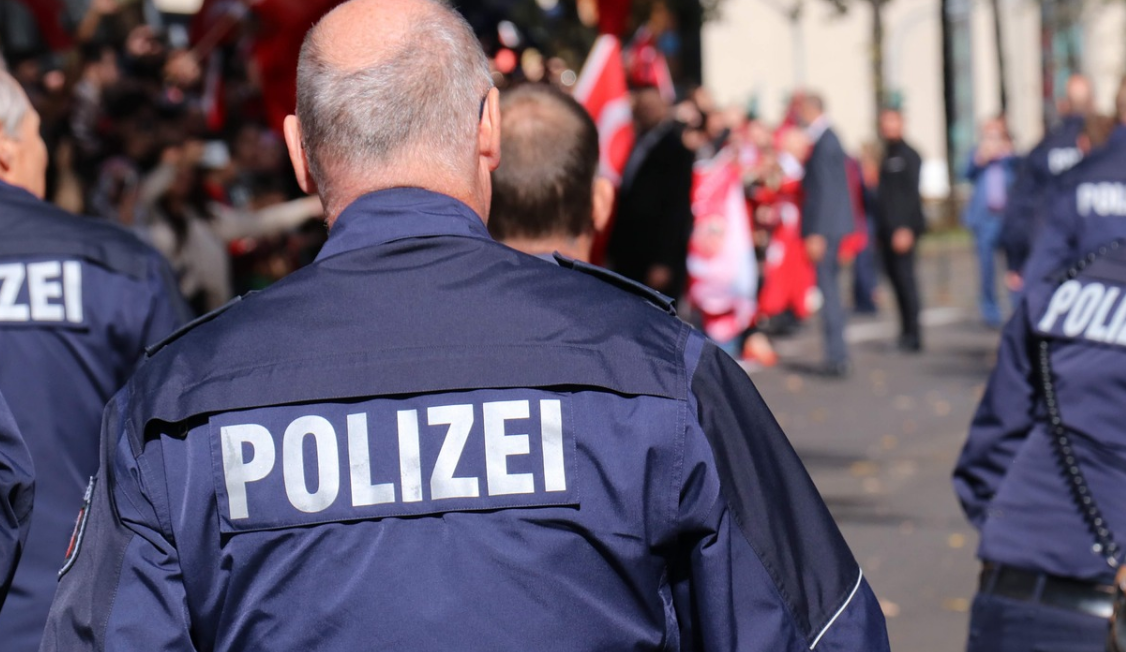The small (less than 100 thousand inhabitants) city of Hanau is little known, except perhaps as the birthplace of the storytellers Grimm. However, leading European politicians started to talk about this city after a bloody drama unfolded there on Thursday night. “A meaningless loss of human life is a tragedy, wherever it happens,” said the President of the European Council, former Prime Minister of Belgium Charles Michel. Some German politicians were much stricter.
The German Foreign Minister Heiko Maas promised “a decisive response from the state, which should be uncompromising towards anyone who spreads right-wing extremism in this country.” “But the response of our society must be resolute and uncompromising, and should be made clear to the right-wing extremists: this is not your country, this is our country,” he added.
In the morning, the police of the federal state of Hesse (the capital is Frankfurt) called on the media to choose their expressions more carefully. The night before, fire was opened on visitors of two shisha bars in the city of Hanau. The same person was shooting. The criminal, 43-year-old Tobias Rathjen, a German, lived with his parents. He fled the crime scene in a car, returned home, shot dead his 72-year-old mother and then killed himself. His father was detained by the police. By morning, the police summed up the intermediate result: eleven corpses, the crime’s motives are unknown.
However, after only a few hours it became known about the man, whose surname was not disclosed according to German law, that he was engaged in shooting sports, had permission for weapons, was not noticed by the police, but was carried away by the theory of a global conspiracy and, most importantly, published on the net a multi-page manifesto of the right-wing radical and anti-Semitic topics.
Right-wing extremist motives were instantly recognized not only by the police, but also by the country's authorities.
“We do not distinguish people by color and religion. But we oppose those who want to split our country,” Chancellor Angela Merkel made a special appeal. Expressing condolences to the families of the victims, she called racism and hatred "that poison society." The shooter's case was transferred to the Prosecutor General. All the victims, as the German media write about it, are “from among migrants.” According to the embassies of Turkey and Bulgaria in Germany, five Turkish citizens and one Bulgarian citizen were killed.
The tragedy could become a new milestone in the fight against right-wing extremism in Germany. Only in the autumn of last year, the government announced adoption of the first package of measures to counter right-wing extremism, which concerned primarily tightening control on the Internet and responsibility for threats and incitement to hatred. Still fresh were the memories of the demonstration decision made in 2018 by the Munich court in the most high-profile case of the 2000s. The main character, Beate Zschäpe, was sentenced to life imprisonment for a series of murders committed with accomplices. All the defendants in the case were in the right-wing terrorist group of the National Socialist Underground, based in Saxon Zwickau, when Zschäpe voluntarily surrendered to the police.
source: bbc.com, cnn.com
The German Foreign Minister Heiko Maas promised “a decisive response from the state, which should be uncompromising towards anyone who spreads right-wing extremism in this country.” “But the response of our society must be resolute and uncompromising, and should be made clear to the right-wing extremists: this is not your country, this is our country,” he added.
In the morning, the police of the federal state of Hesse (the capital is Frankfurt) called on the media to choose their expressions more carefully. The night before, fire was opened on visitors of two shisha bars in the city of Hanau. The same person was shooting. The criminal, 43-year-old Tobias Rathjen, a German, lived with his parents. He fled the crime scene in a car, returned home, shot dead his 72-year-old mother and then killed himself. His father was detained by the police. By morning, the police summed up the intermediate result: eleven corpses, the crime’s motives are unknown.
However, after only a few hours it became known about the man, whose surname was not disclosed according to German law, that he was engaged in shooting sports, had permission for weapons, was not noticed by the police, but was carried away by the theory of a global conspiracy and, most importantly, published on the net a multi-page manifesto of the right-wing radical and anti-Semitic topics.
Right-wing extremist motives were instantly recognized not only by the police, but also by the country's authorities.
“We do not distinguish people by color and religion. But we oppose those who want to split our country,” Chancellor Angela Merkel made a special appeal. Expressing condolences to the families of the victims, she called racism and hatred "that poison society." The shooter's case was transferred to the Prosecutor General. All the victims, as the German media write about it, are “from among migrants.” According to the embassies of Turkey and Bulgaria in Germany, five Turkish citizens and one Bulgarian citizen were killed.
The tragedy could become a new milestone in the fight against right-wing extremism in Germany. Only in the autumn of last year, the government announced adoption of the first package of measures to counter right-wing extremism, which concerned primarily tightening control on the Internet and responsibility for threats and incitement to hatred. Still fresh were the memories of the demonstration decision made in 2018 by the Munich court in the most high-profile case of the 2000s. The main character, Beate Zschäpe, was sentenced to life imprisonment for a series of murders committed with accomplices. All the defendants in the case were in the right-wing terrorist group of the National Socialist Underground, based in Saxon Zwickau, when Zschäpe voluntarily surrendered to the police.
source: bbc.com, cnn.com





